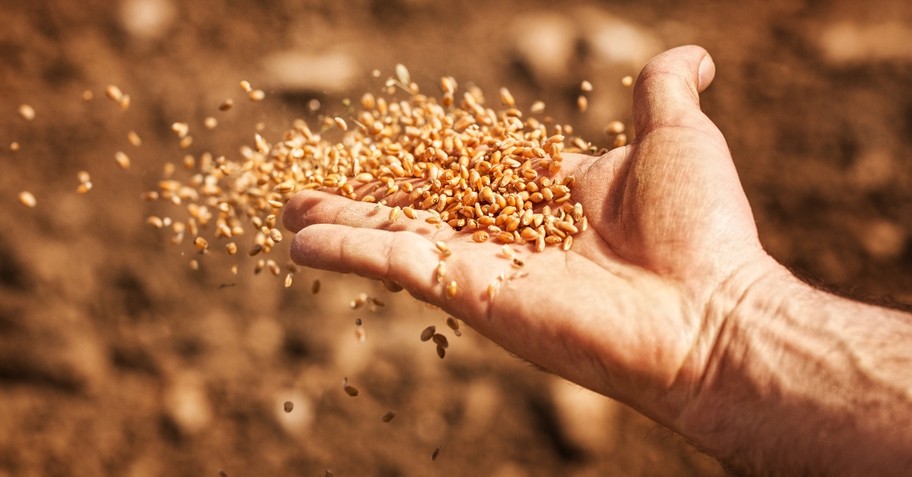This “parable of the soils” is only one of three parables which are recorded in all three synoptic gospels (Matthew 13:3; Mark 4:3; Luke 8:5). Though it is impossible to say for certain why each writer included it, we can safely affirm that each man was moved by the Holy Spirit (2 Peter 1:21) to make this parable part of their gospel account.
It is possible that this parable was told and repeated by Jesus on many occasions and achieved a popularity that other teachings simply did not. This particular parable was also a well-known analogy in Jewish and Greco-Roman circles and almost certainly Jesus would have simply adapted it to fit his purpose and culture.
Whatever other reasons which might have motivated Matthew, Mark, and Luke, it is most likely that they simply understood how important the teaching was in light of the new kingdom ethic which taught: Christ’s rule was first and foremost an issue of the heart. And no illustration demonstrated this more vividly than the Parable of the Sower.
What Does This Parable Mean Today?
Through the years, as I’ve heard this parable explained, it is almost always presented against the backdrop of evangelism.
Typically, each of the soils is presented as the various heart conditions which are possible when a person hears the gospel message. Hence, those who hear and believe, when the word takes root, become believers, and those whose hearts are not penetrated by the gospel message remain lost.
However, I would suggest that even though these same conditions might apply to the unbelieving heart, this is not Jesus’ entire intent.
As Kingdom men and women, we are to be sowing God’s word into others and having God’s word sown into our lives each day. Every time I open the Bible I have to ask myself, “Will the word find a home in me, or will it find soil that is impenetrable or hostile?”
This parable in each of the three gospels warns us that hardness, shallowness, love of money, and the cares of the world will only prevent the germination of the fruit which God intends. This is not related only to hearing unto salvation, but hearing which leads to sanctification also.
May the Lord help us all to see our kingdom identity and purpose like never before, and may the word of Christ dwell in us richly and shape us daily into the Lord’s image.
Photo Credit: ©SparrowStock










